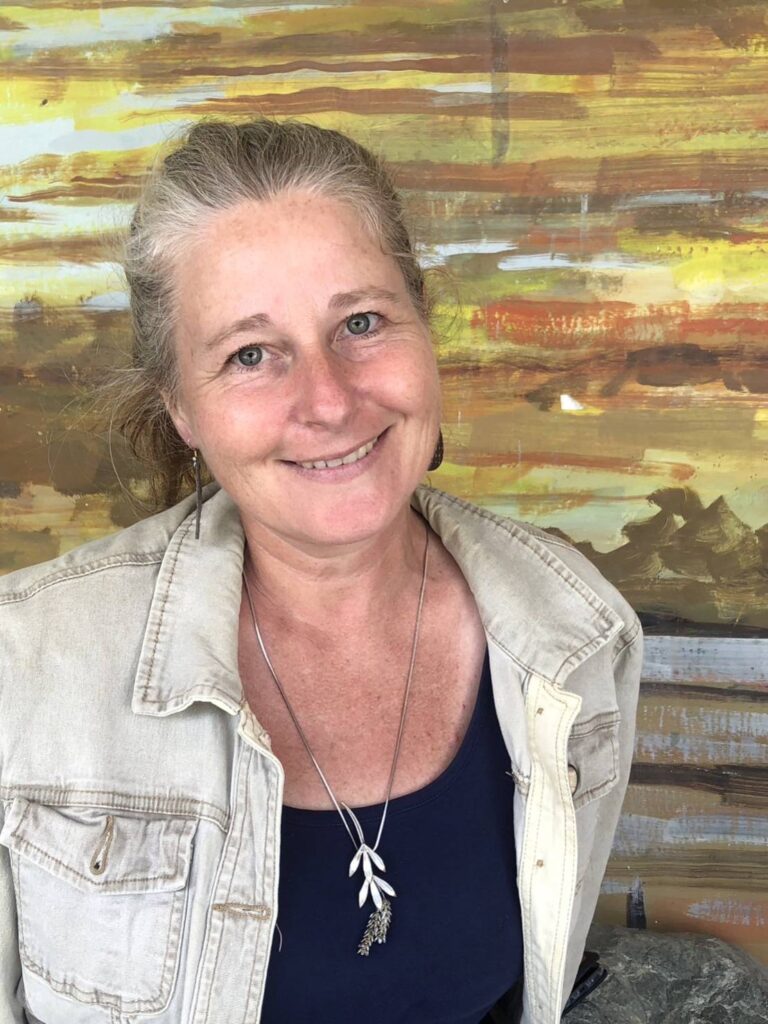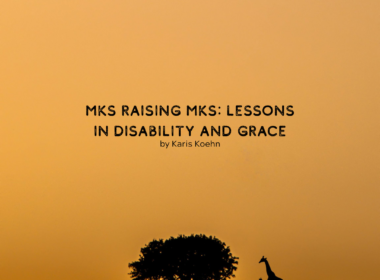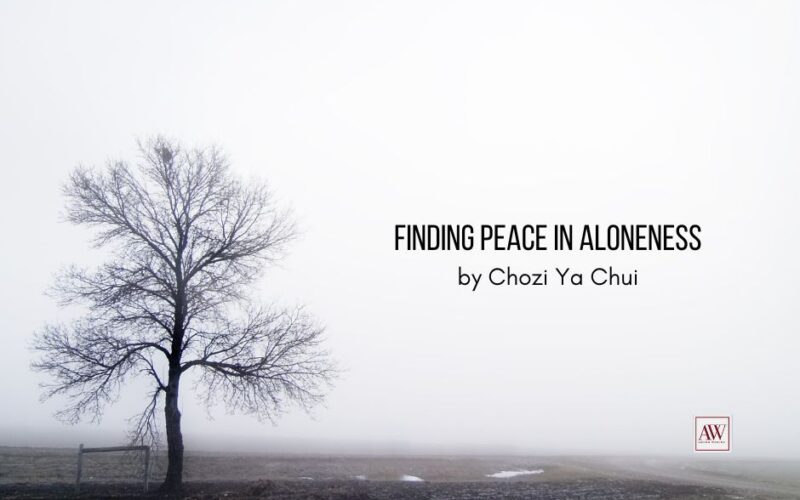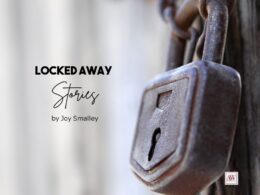Life is full of benefits and challenges whether you are a monocultural kid (MCK), like myself, or an ATCK like my husband. But how do those benefits and challenges play out in a marriage?

For us, it started as an awkward dance. His benefits were my challenges and vice versa. Sometimes, they complimented each other. My strong sense of home became the starting point for him. His knowledge and practice of RAFTing became my life preserve during our first move.
But there were times they clashed.
We had entered our seventh year of marriage with three children. It was our second year in apartment number seven and city number four. Most of you are thinking, “Okay, what’s the problem?” But I had an inner battle going on inside me. The white walls were closing in on me, but I was afraid to paint them. The few wall photos were not enough to end this inner struggle. I had ideas of what colors I wanted to paint in the kids’ rooms, but I did not dare buy the rollers, pans, and the paint. Everytime I would think about painting, this thought came to mind:
If I paint the walls, Uwe will come home and announce we are moving.
This went on for a year. I would think about painting. Uwe and I would talk about painting. Then I’d be reminded of the many painted walls I had left behind and resign to keep the walls white.
Then, I decided it was safe at the end of the third year. I chose to paint the girl’s room because it had only one small window. This small room needed some life.
I bought the paint, the roller, a pan and brushes. I shook the paint can and pried the lid off. I picked up the brush and looked at the wall. I took a deep breath and, within an hour, had transformed their room by painting one wall.
I felt my shoulders relax—a sure sign of feeling settled.
That evening, Uwe walked in the door, and I kid you not, asked, “What do you think about me changing jobs and us moving?”

I said, “But I just painted a room!”
He said, “Hm, okay. It looks great, but can we talk about a move?”
We talked and decided it was not the right time. Not because I had finally painted a wall, though.
Two years later, we did move.
And we left the apartment with only one wall painted.
So, how can adult TCKs and adult MCKs relate?
The list below comes from research by The Gottman Institute. To read more about all seven principles, you can read their book, The 7 Principles for Making a Marriage Work.
- Understand each other’s benefits and challenges. In Gottman’s terms, this is called “love maps,” which is knowing what makes your spouse/partner angry or happy. It’s also knowing their backgrounds, likes, dislikes. And I think it also includes the benefits and challenges from how they grew up. And for TCKs and MCKs, there is a lot to learn about the other. If you want to grow in this area, they have a free app with conversation starters and questions to see how well you know each other.
- Turn towards each other. When conflicts from challenges and benefits arise, instead of turning away and drawing a battleline try this: After a short time apart so your emotions are calm, turn back towards each other and allow for a conversation to happen. This can be as simple as sitting next to the other person or even turning your body toward the person. It can also mean holding hands or a hug. This small gesture is the first step towards that conversation, which requires good listening skills.
- “Letting your partner influence you.” The Gottmans explain this as a way for each person to show respect for the other. It allows each person to value and respect what the other person is saying. For our marriage, it usually revolves around whether to move or not. It often requires us to turn towards each other if we disagree.
When I first learned about the benefits and challenges of a TCK, I was single and working at an international school. So, when I started dating one, I was worried. Thankfully, a wise man passionate about TCKs told me that every marriage takes work and that there was hope.
And though the dance was awkward at first, we now don’t step on each other’s toes as often as we used to.

MaDonna Maurer grew up in a small town in the US and met her German TCK husband in China. They have three adult TCKs. She uses her experience and knowledge from a Masters in Care and Counseling to help individuals and families in transition at Global Crossroads Consulting. She is also the editor of Among Worlds. You can find more of her writing at Raising TCKs.












